What Makes Wool Comforters Sustainable?
Wool is a natural, sustainable material that comes from sheep. Sheep produce wool continuously, so it is a renewable resource. Wool comforters are biodegradable, which means they break down naturally without harming the environment. Wool is also a good insulator, helping you stay warm in winter and cool in summer. Additionally, wool is resistant to bacteria, mold, and dust mites, which can be beneficial for those with allergies. The production process of wool is eco-friendly, using less energy and water compared to synthetic materials.
Environmental Impact of Wool Comforters
Wool comforters are a sustainable bedding choice as they are biodegradable and do not contribute to landfill waste. The production of wool comforters has a lower environmental impact compared to synthetic materials as it requires less energy and resources. Additionally, wool is a renewable resource that can be shorn from sheep annually without causing harm to the animals. Wool comforters are also naturally flame-resistant and may require less frequent washing, reducing water and energy consumption.
Benefits of Using Wool Comforters
Wool comforters offer a range of benefits for both you and the environment. Here’s why you might want to consider making the switch: Wool is a natural, renewable material that is biodegradable and sustainable. It has moisture-wicking properties to keep you dry and comfortable while you sleep. Wool is also hypoallergenic, resistant to mold and dust mites, making it a great choice for those with allergies. Its insulating properties help regulate your body temperature, keeping you warm in winter and cool in summer. Additionally, wool comforters are durable and can last for many years with proper care.
Wool Comforter vs. Synthetic Alternatives
Wool comforters are eco-friendly and biodegradable, making them a sustainable choice for bedding. Wool comforters are naturally temperature-regulating, helping you stay cool in the summer and warm in the winter without relying on air conditioning or heating. On the other hand, synthetic alternatives often lack this natural temperature regulation, leading to discomfort and disrupted sleep patterns. Wool comforters are also hypoallergenic, resistant to dust mites, mold, and mildew, making them an ideal choice for people with allergies. Their durability and long lifespan make them a cost-effective choice in the long run.
Wool Comforters and Energy Efficiency
Wool comforters are known for their insulating properties, which can help you save on heating costs during colder months. The natural fibers in wool comforters can trap heat efficiently, reducing the need to turn up the thermostat at night. This energy-efficient feature of wool comforters not only keeps you warm but also helps in lowering your overall energy consumption.
Choosing the Right Wool Comforter for You
To find the perfect wool comforter for you, consider factors like the weight of the comforter, the type of wool used, and the size that fits your bed. Wool comforters vary in weight, with options ranging from lightweight to heavy. The type of wool can affect the comforter’s warmth, breathability, and softness. Merino wool is known for its luxurious feel, while organic wool is chemical-free and eco-friendly. Ensure you select a comforter that fits your bed size for maximum coziness and warmth.
Caring for Your Wool Comforter
When caring for your wool comforter, it’s important to follow a few simple steps to maintain its quality and extend its lifespan. Here are some tips to help you keep your wool comforter in top condition:
- Regularly air out your comforter: Hang it outside in the fresh air or near an open window to keep it fresh and prevent any musty odors.
- Spot clean when necessary: Use a gentle detergent and cold water to clean any stains or spills on the comforter. Avoid using harsh chemicals that can damage the wool fibers.
- Avoid frequent washing: Wool is a self-cleaning fiber and does not require frequent washing. Consider washing your comforter only once or twice a year to preserve its loft and softness.
- Use a duvet cover: A duvet cover not only protects your comforter from spills and stains but also makes it easier to change the look of your bedding. Wash the duvet cover regularly to keep your sleep environment clean.
- Proper storage: When not in use, store your wool comforter in a breathable cotton bag to protect it from dust and moisture. Avoid plastic bags or airtight containers, as they can trap moisture and lead to mold growth.
By following these simple care instructions, you can enjoy the comfort and environmental benefits of your wool comforter for years to come.
Wool Comforter Manufacturing Process
Wool comforters are typically made from natural materials like wool, which is known for its sustainability. The manufacturing process of wool comforters involves shearing the wool from sheep, cleaning it thoroughly to remove impurities, spinning it into yarn, and then weaving or knitting the yarn into the fabric for the comforter. The wool is often treated with natural substances to make it resistant to pests and moisture. This process ensures that wool comforters are not only cozy but also environmentally friendly.
Wool Comforters and Sustainable Sleep Practices
Wool comforters are a sustainable choice for your sleep environment. They are made from natural wool fibers, which are biodegradable and renewable. Wool comforters have many environmental benefits, such as:
- Regulating body temperature: Wool is a natural insulator that can keep you warm in winter and cool in summer.
- Moisture-wicking: Wool can absorb moisture from your body, keeping you dry and comfortable.
- Hypoallergenic: Wool is resistant to dust mites and mold, making it a great choice for allergy sufferers.
- Durable and long-lasting: Wool comforters can last for many years with proper care, reducing the need for frequent replacements.
Conclusion: Embracing Sustainable Sleep with Wool Comforters
Wool comforters offer a natural and eco-friendly alternative for a good night’s sleep. Embracing sustainable sleep with wool comforters can lead to a healthier environment. The use of wool helps reduce the carbon footprint in the bedding industry, as wool is biodegradable and renewable. Additionally, wool comforters have excellent insulating properties, keeping you warm in winter and cool in summer without harming the planet. Making the switch to wool comforters not only benefits you but also contributes to a more sustainable future for the planet.
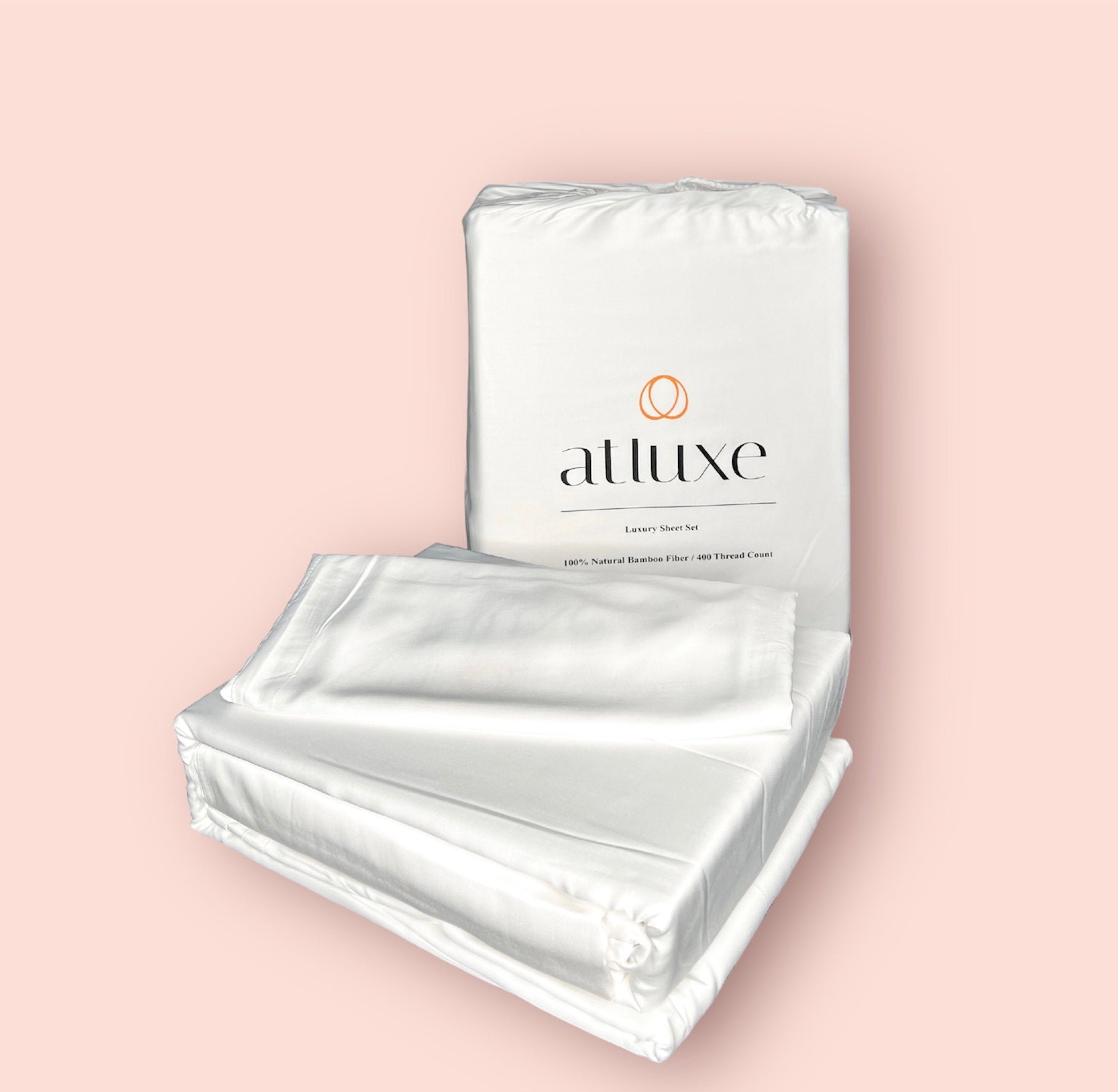
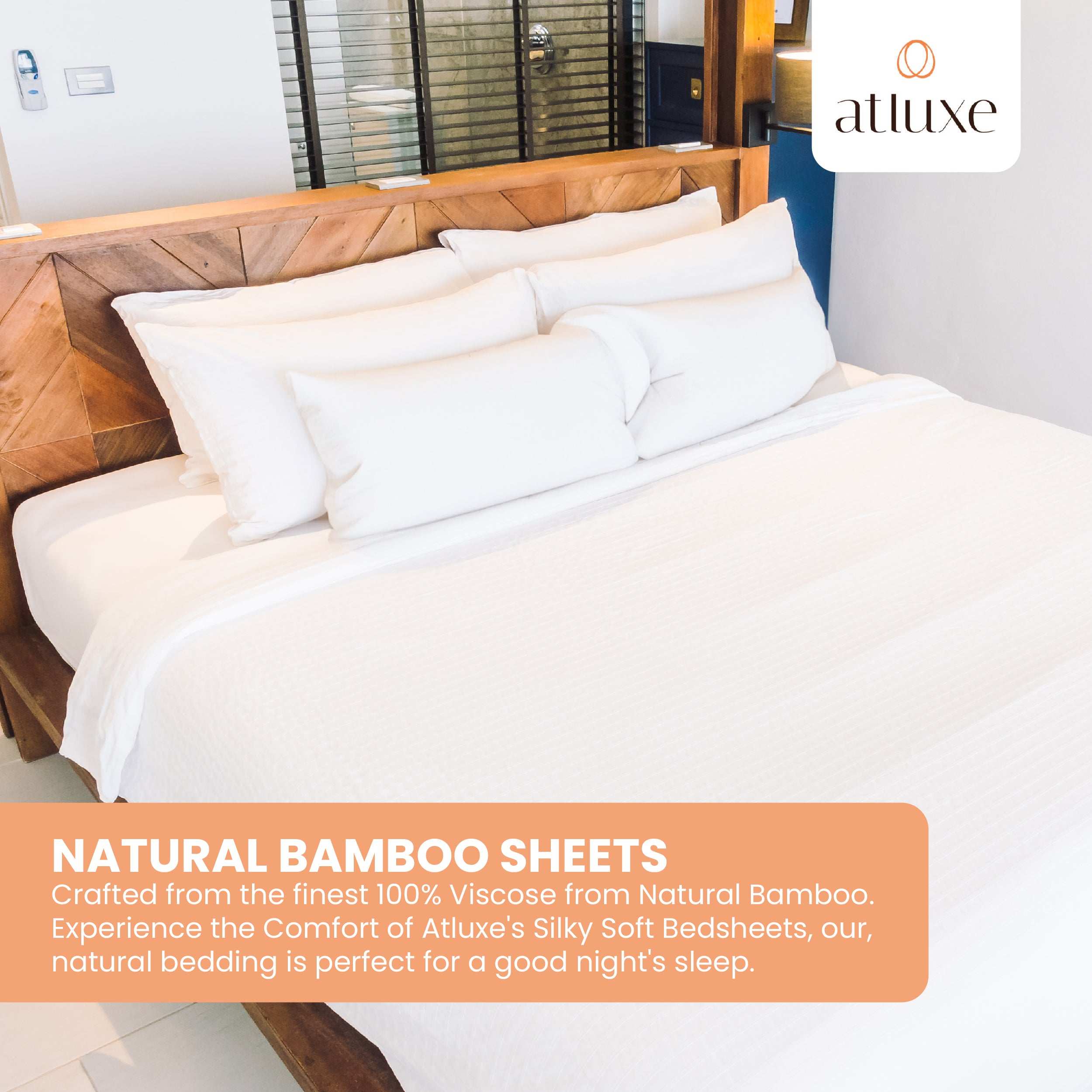
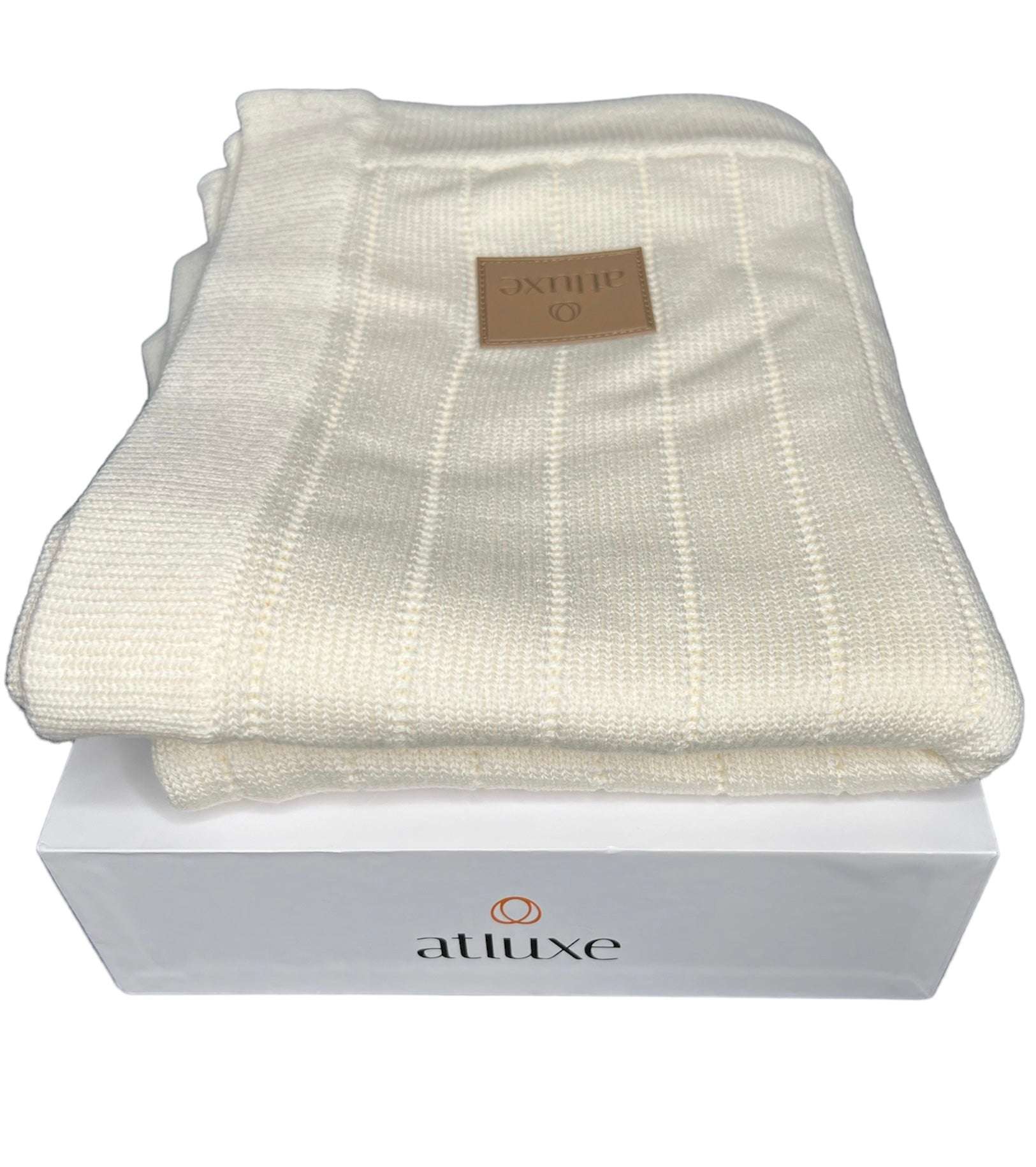
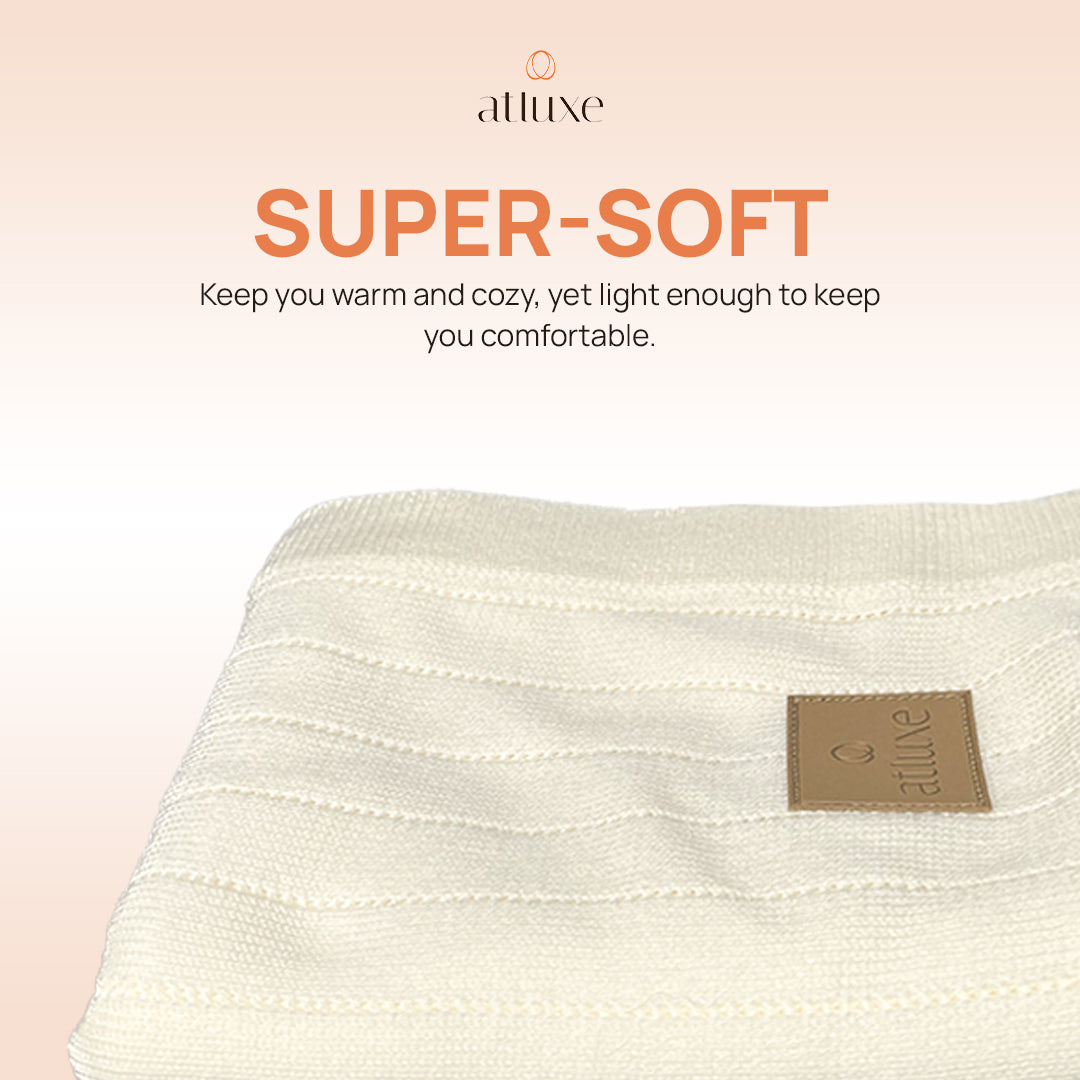

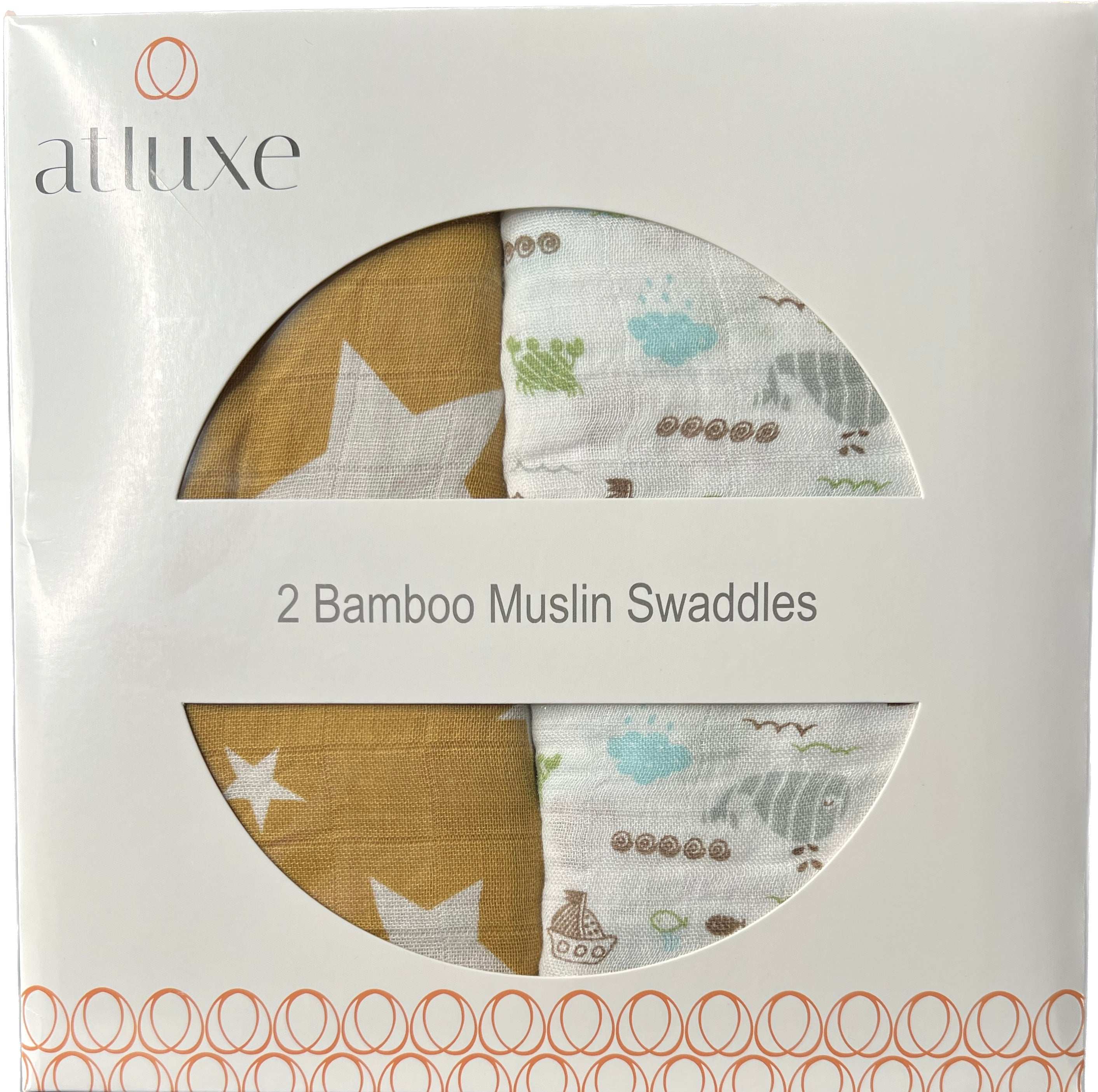



Leave a comment